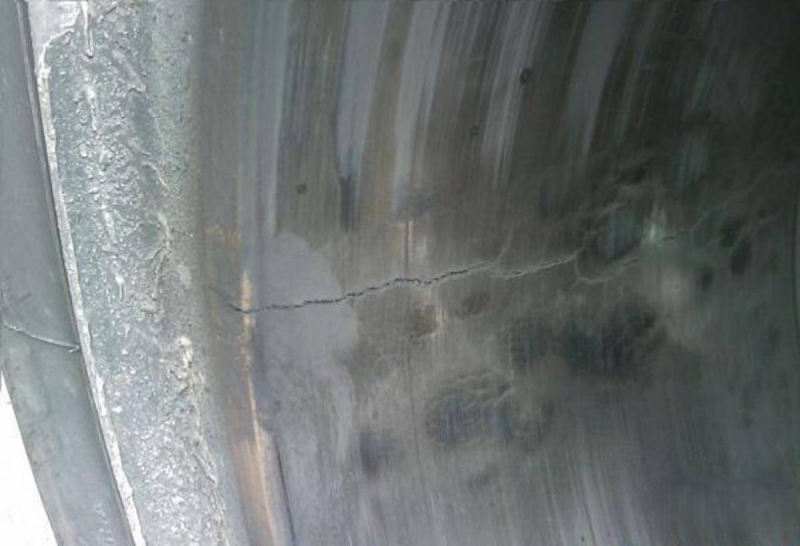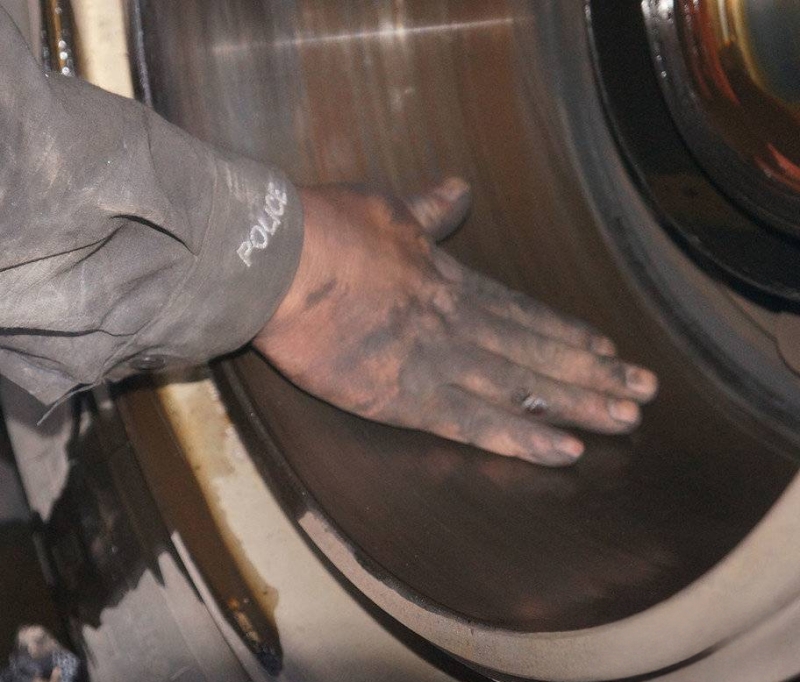Applying the brakes is a familiar action in daily driving. In most cases, the brake pedal is more important than the clutch or accelerator pedals. Some people often experience brake shudder when applying the brakes. While the brakes can stop, it can be a cause for concern. In the previous article, we discussed the causes of brake pads. This article focuses on the second cause of brake shudder: the brake drums.
Cause 2 of brake shudder: Out-of-round brake drums
In addition to brake pads, another major cause of brake shudder is the brake drums. We all know the basic principle of truck braking: the engine drives an air compressor, which converts air pressure into mechanical thrust, which in turn pushes the brake shoes against the brake drums, causing the truck to stop. As a critical component in the braking system, the condition of the brake drums also affects our truck’s braking performance.
Generally speaking, the lifespan of a brake drum is longer than that of a brake shoe. However, under certain circumstances, brake drums can become more fragile. For example, using a water sprayer to cool the brake drum in high temperatures, or frequently driving in areas with large temperature fluctuations, can cause abnormal wear on the brake drum in the short term. However, this can significantly reduce the lifespan of the brake drum over time. Therefore, truck drivers should avoid subjecting their brake drums to these extremes in daily use.
Jitter during braking may indicate that the brake drum is nearing its end of life, with cracks and striations beginning to form internally. These cracks, due to thermal expansion and contraction, can expand, eventually causing the brake judder to become increasingly severe. Even if internal cracks and striations are absent, prolonged exposure to high-temperature, high-pressure environments, as well as bumps and impacts, can cause the drum to lose its roundness.
This type of internal brake drum cracking can only be detected by removing the wheel end and brake assembly from the inside.
When a brake drum is out of round, its physical structure changes, ultimately causing jerking when braking. If this happens, the brake drum should be replaced and inspected promptly. This situation is most common during heavy-duty transport in mountainous areas and on unpaved roads. Of course, overloading is also a key factor affecting the lifespan of brake pads and drums.
Of course, the brake drum is only one cause of brake jerking; we will analyze other causes later. If you need to replace or purchase brake pads, brake drums, or other spare parts during routine truck maintenance, please contact us! We offer a wide range of construction machinery products and spare parts, so please feel free to inquire!
Click here to visit our spare parts web
Click here to visit our alibaba (There are more kinds of products)
Post time: Jul-29-2025


